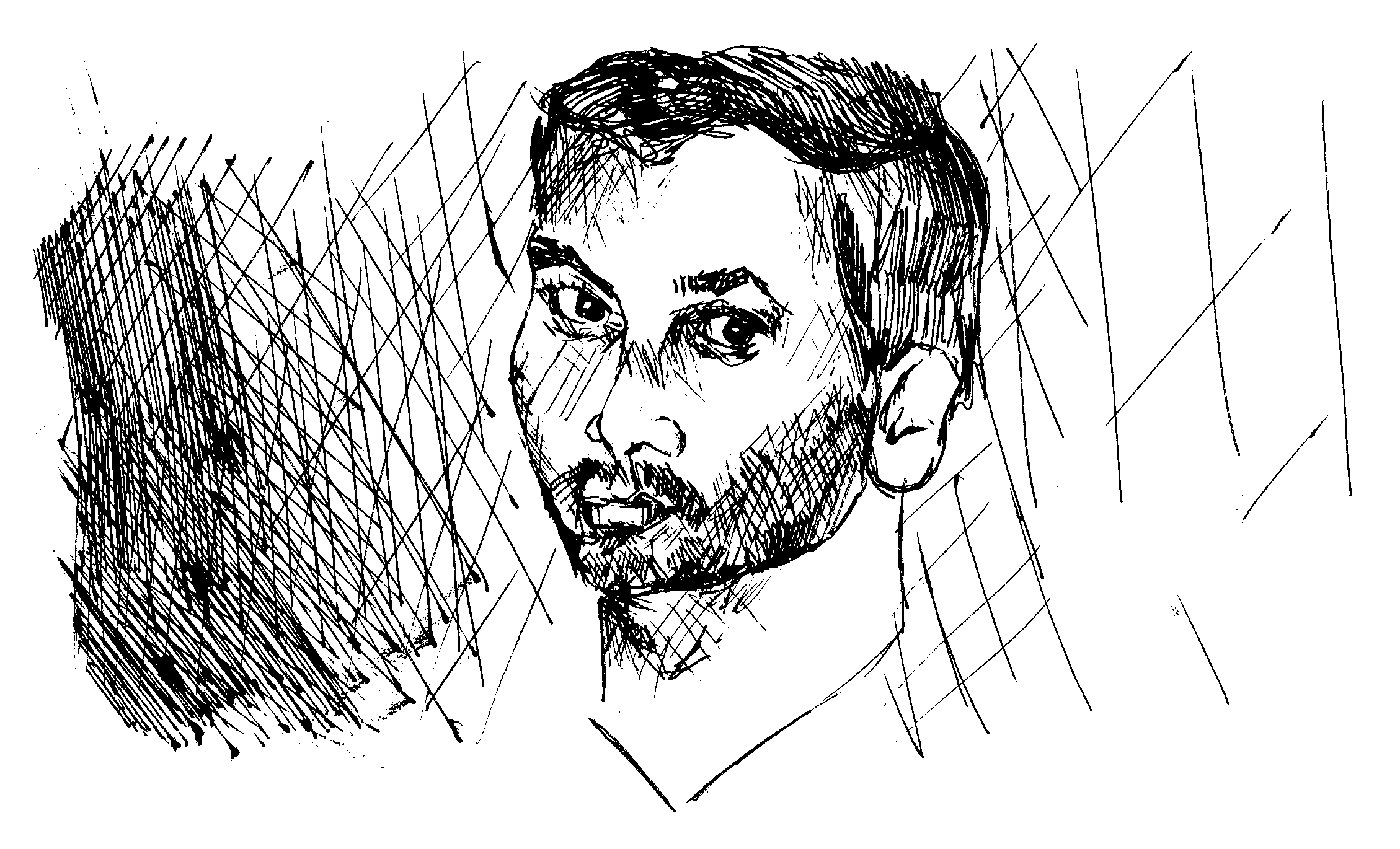Aziz Ansari and the prevalence of sexual violence
January 26, 2018
 This
piece represents the opinion of the author
.
This
piece represents the opinion of the author
.
I recently read the account, published on the website Babe.net, of a woman who claimed to have an uncomfortable sexual encounter with comedian Aziz Ansari. I won’t go into the specific details of the article—you are welcome to read it yourself—but the author states that Ansari repeatedly pressured her to participate in sexual acts despite her discomfort, ignoring obvious verbal and physical cues. Reading this article was an unsettling experience for me, partly because I have been a fan of Ansari for several years, but mostly because of how painfully familiar this story was. It reminded of my own experiences and the experiences of my friends. It also recalled an interview with Blair Braverman that I read this past summer in which she talks about how difficult it was for her to use the word “rape” to describe past trauma. In her book “Welcome to the Goddamn Ice Cube” she explains, “Nothing that had happened to me … was beyond the normal scope of what happened to women all the time.”
In American culture, we have difficulty grasping just how prevalent sexual violence is. Most agree that it’s a problem, of course—recent scandals involving Harvey Weinstein and members of the Hollywood elite have made that clear. However, these incidents do not occur solely in the back rooms of film studios, nor are they outside the experiences of average women. While the #MeToo movement and other efforts have increased awareness about sexual violence, I feel that we are still unwilling to talk about everyday examples of sexual misconduct, including actions that are not criminally prosecutable. The Ansari account illustrates the problem with this lack of dialogue and its negative impact on dating culture.
Western social norms teach men that they are meant to be sexually aggressive and pursue women even if they initially say “no,” because women are conversely taught to “play hard-to-get.” In the Babe article, the author describes multiple attempts by Ansari to pressure her into having sex, even though she explicitly tells him to stop. Ask most women, and they can tell you a similar story that has happened to them.
Bowdoin’s campus is not exempt from this kind of conduct; in fact, norms around drinking and other types of behavior can contribute to a predatory atmosphere that enables sexual misconduct. In these cases the definition of consent is questioned, as it was in some follow-up pieces about the Ansari article. Many reporters focused on legal ramifications: Did she say no? Did she say yes? Was it technically assault? I would argue that this line of questioning has often been used to discredit accounts that don’t fit into the culturally-accepted definition of “actual sexual assault.” Consent is a very complex concept and a simple “yes/no” analysis does not account for the impact of manipulation, power dynamics and general intimidation that a person might feel during sex.
Whether or not Ansari did something wrong in the eyes of a court, he still acted in a way that was unacceptable and harmful. In further dialogue about consent and sexual violence, I hope Bowdoin students recognize that sexual misconduct is not just a legal matter, and that there is something fundamentally wrong with our current cultural standards.
Sylvia Bosco is a member of the Class of 2021.


Comments
Before submitting a comment, please review our comment policy. Some key points from the policy: